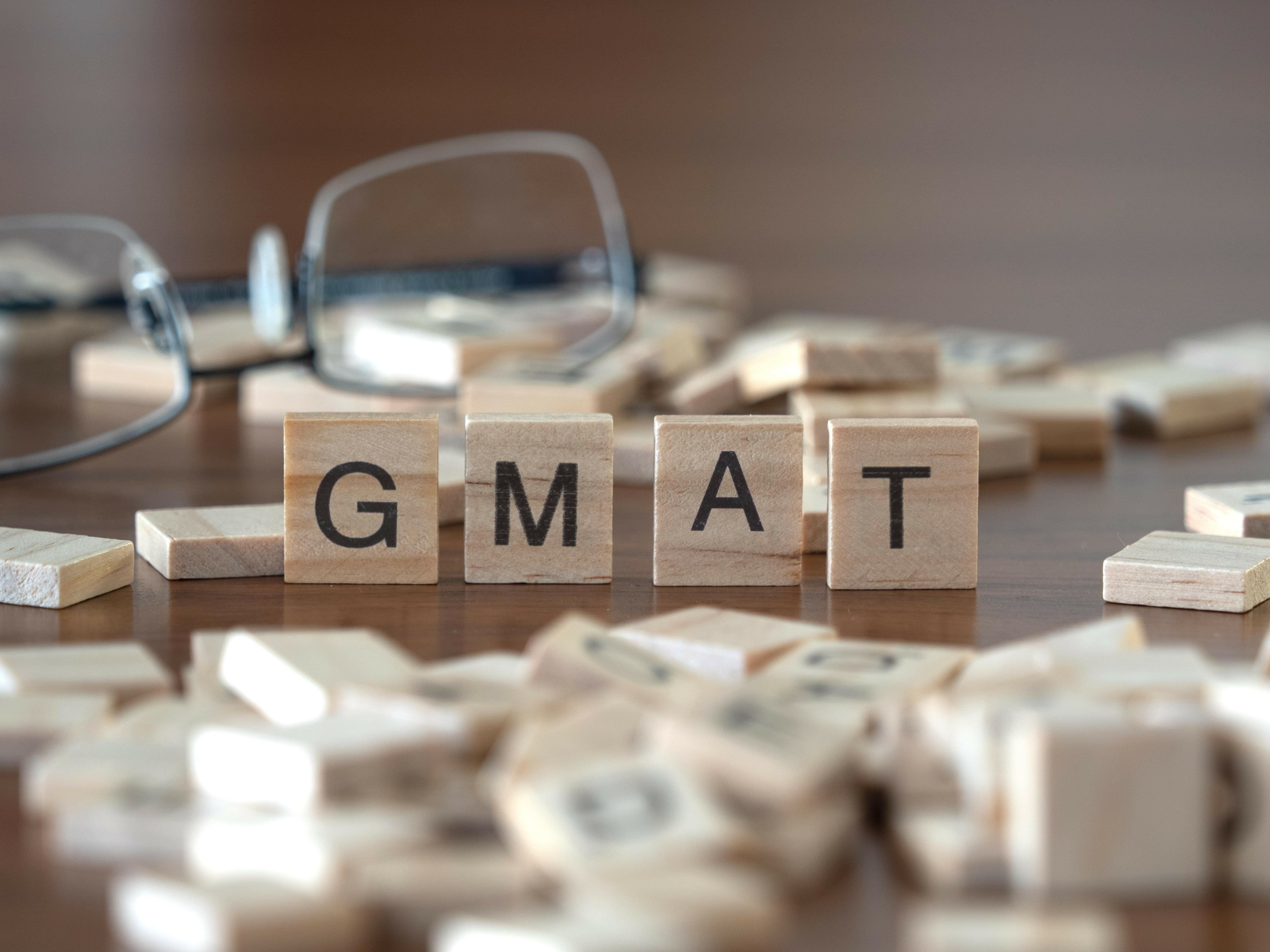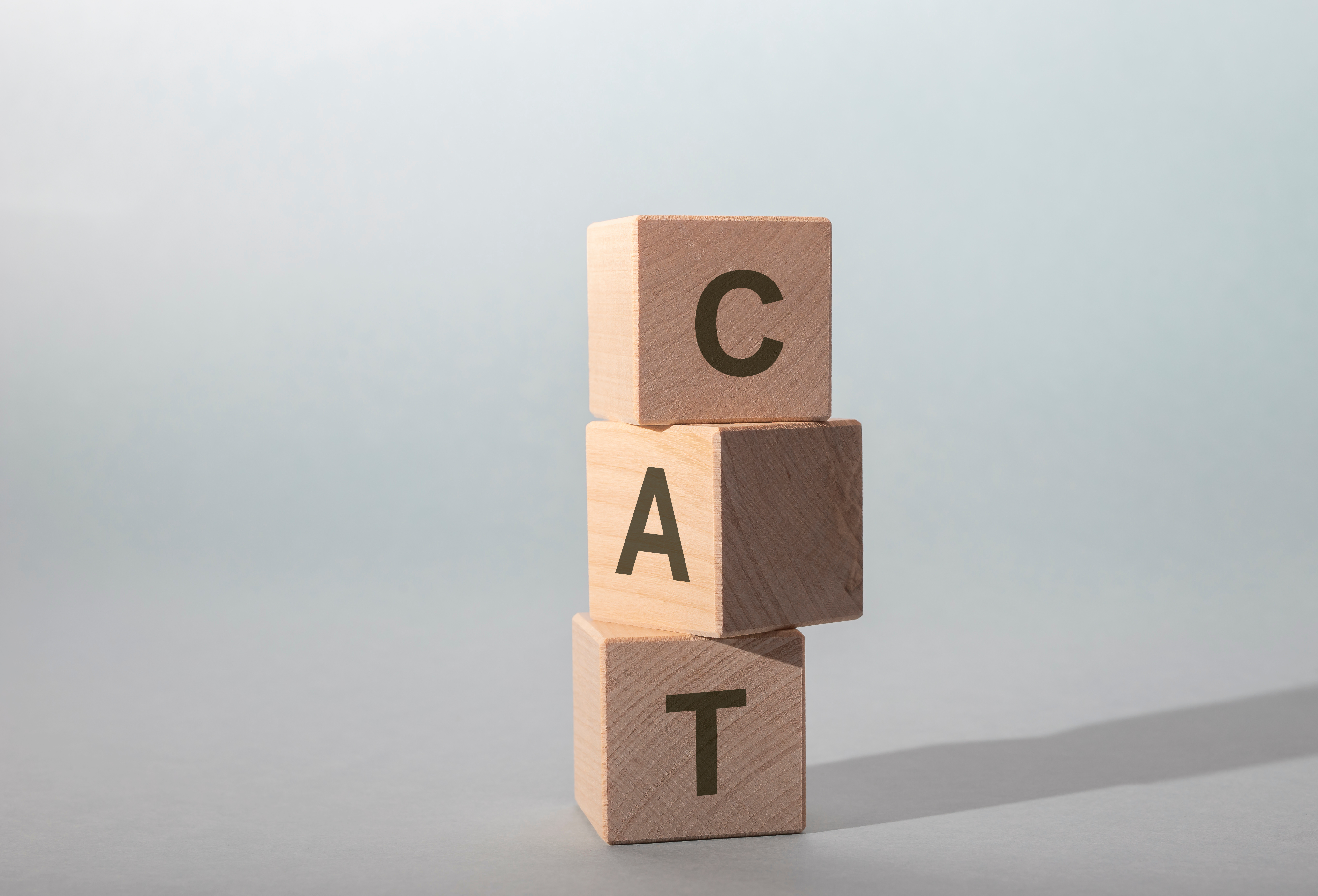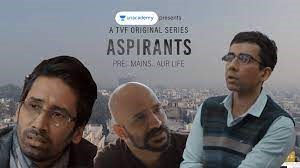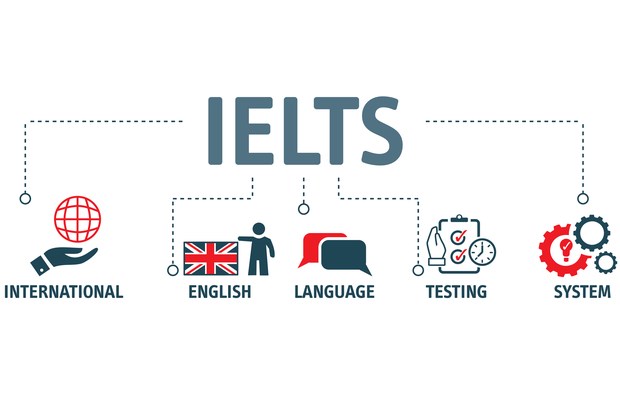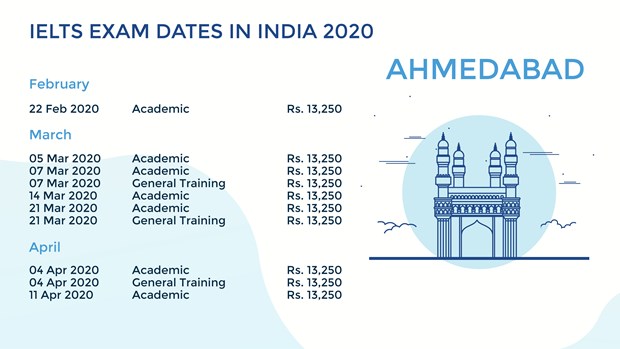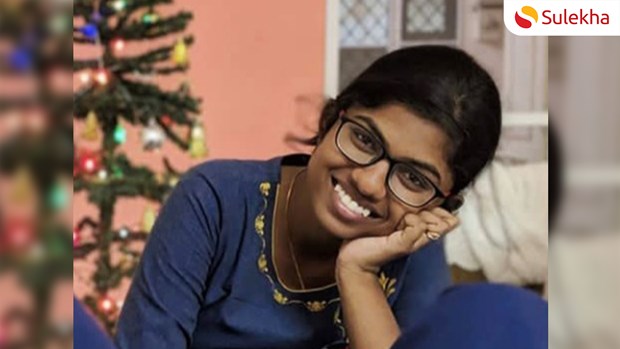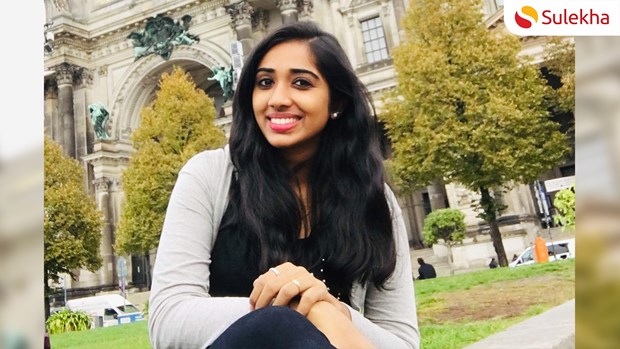Sulekha offers a wide range of 40+ institutions for CLAT Coaching in Nagpur. The list includes the top institutions in Nagpur for CLAT Coaching. The Common Law Admission Test(CLAT) is a nationally standardized exam for those looking for a career in law. CLAT Coaching Centers in Nagpur can help you make a wise choice and provide excellent instruction, expert educators, complete study guides, and successful ways to prepare for the CLAT. These institutions set out as foundations of support for emerging legal professionals in Nagpur because of their dedication to excellence and successful track records. Subjects covered in the CLAT include general knowledge, logical reasoning, quantitative aptitude, English, and legal aptitude. Choose the best CLAT coaching in Nagpur such as LegalEdge by Toprankers, Expansion Path Academy, Caliber's Nova and 40+ others that suits your needs.
 CLAT Coaching Services Nearby
CLAT Coaching Services Nearby
Best CLAT Coaching Institutes in Nagpur as on Oct 17, 2025
LegalEdge by Toprankers
LegalEdge by Toprankers in Ram Nagar, Nagpur, is a premier coaching institute specializing in entrance exam preparation, renowned for its comprehensive course offerings and expert faculty. Our courses, designed to cater to a variety of entrance exams, are delivered through both online and offline modes, ensuring flexibility and accessibility for all students. With a team of experienced instructors, we provide personalized attention and mentorship to help students excel. Our curriculum is meticulously crafted to cover all essential topics, and we incorporate advanced design tools to enhance learning efficiency. Student support is a cornerstone of our philosophy, offering guidance through every step of the preparation process. Interested individuals can easily access enrolment information through our user-friendly website, making the admission process seamless. For those aspiring to study abroad, we offer specialized coaching to help navigate international entrance exams. Our programs are competitively priced, with various financial plans available to accommodate different budgets. Whether you're looking to kickstart your exam preparation or seeking expert guidance, LegalEdge by Toprankers is your go-to destination. Start your journey with us today and take the first step towards achieving your academic goals.
- Classroom
- Law entrance exam coaching
- Phone us to discuss fees.
Expansion Path Academy
Unlock your potential with Expansion Path Academy, a premier educational institution dedicated to empowering students for success in CLAT, CAT, and CUET exams. We believe in fostering deep understanding through concept clarity and strategic learning. Our result-driven training programs are designed to help you achieve your academic and career aspirations. Experience the difference with our comprehensive study materials, realistic mock tests, and expert guidance. Whether you prefer the convenience of online classes or the engagement of in-person sessions, Expansion Path Academy offers the quality coaching you need to confidently pave your path to a brighter future.
"Thank You EPA for giving me the right guidance and amazing classes."
Caliber's Nova
Calibers Nova, located in Mahal, Nagpur, is a premier institution renowned for its comprehensive entrance exam coaching. With a diverse range of courses tailored to various competitive exams, students can choose programs that best fit their aspirations. The institute prides itself on its experienced instructors, who bring a wealth of knowledge and practical insights to the classroom, ensuring that students receive top-notch education. Offering both online and offline modes of delivery, Calibers Nova provides flexibility to accommodate different learning preferences. Student support is a cornerstone of the institution, with personalized mentoring and regular feedback sessions designed to enhance learning outcomes. Prospective students can easily access enrolment information through the institute's user-friendly website, making the process seamless. Beyond academic preparation, Calibers Nova opens doors to numerous career opportunities by equipping students with the skills and confidence needed to excel in their chosen fields. While the courses are competitively priced, the institute also offers financial assistance options to ensure that quality education is accessible to all. Ready to take the next step in your academic journey? Join us now and unlock your potential with Calibers Nova's expert guidance and support.
- Classroom
- Home
- Arts & Media entrance exam coaching
- ENGG / ARCH entrance exam coaching
- Please call to learn about fees.
- Near Natraj Talkies
Vikalp Education
Vikalp Education in Ram Nagar, Nagpur, is a premier institution renowned for its comprehensive entrance exam coaching. Offering a wide array of courses tailored to various competitive exams, Vikalp Education ensures that students are well-prepared to achieve their academic goals. The institution employs a blend of traditional classroom teaching and modern online modules, catering to diverse learning preferences. With a team of highly experienced instructors, students receive personalized attention and expert guidance, fostering an environment conducive to success. Vikalp Education prides itself on its robust student support system, providing resources such as study materials, mock tests, and one-on-one mentoring. Interested candidates can easily enroll through the user-friendly online portal or by visiting the center. The institution's programs are designed to enhance career opportunities, equipping students with the skills and knowledge needed to excel in their chosen fields. While the cost of courses is competitive, Vikalp Education offers flexible payment options and financial assistance to ensure accessibility for all aspiring learners. Ready to take the next step in your academic journey? Join us now and unlock your potential with Vikalp Education's unparalleled coaching services.
- Classroom
- Online
- Common entrance exam coaching
- Hotel management entrance exam coaching
- Law entrance exam coaching
- Management entrance exam coaching
- Please call to learn about fees.
- Near Karnataka Sa
"Best classes for CLAT & OLETS in Nagpur, experienced faculties & mock series"
"I?m really happy to write about Vikalp Education, best classes for CAT & management entrance exams, personal guidance by Director sir & other experienced mentors & faculties. Complete test series with analysis by faculties. Most important personal doubt sessions"
My Tayaari Institute
My Tayaari Institute, a premier coaching institute established in 2012 in Karve Nagar. We offer coaching for various competitive exams such as bank, insurance, defence/police, SSC, railways, law entrance, and management entrance exams. Our team of experienced instructors provide both classroom and online coaching options. Our services include LIC Administrative Officer Exam, LIC ADO Exam, LIC Insurance Agent Exam, IRDAI JO Exam, GIC Assistant Manager, UICC AO, New India Assurance Exam, AIC Exam, OICL Assistant, OICL AO, UII Assistant, SBI Clerk, SBI PO, SBI Specialist Officer, IBPS Clerk, IBPS PO, IBPS Specialist Officer, BOB Clerk, BOB PO, RBI Grade B Officer, RBI Assistant, TNSC, NABARD, IDBI, IBPS Bank Interview, RTCG, RRB NTPC, RPF, SCRA, SSC CGL, SSC CH
- Classroom
- Online
- yes
- Call for Details on Fees
- Near Priority Childrens Clinic
"It's A Great To Go ! All The Staff Are Very Engaging & Helpful ! They Are All Qualified & Well Experienced As aswell!"
"Best banking institute in karve nagar, Pune for coaching in various competitive exam. Great place to prepare for banking, ssc, ibps, mba, mca, cmat, cat entrance exam and other government exams."
LegalEdge by Toprankers
LegalEdge by Toprankers, situated in South Extension Part I, Delhi, is a premier destination for entrance exam coaching, renowned for its comprehensive course offerings tailored to a variety of competitive exams. Whether you're aiming for law, management, or other professional fields, our programs are designed to equip students with the necessary skills and knowledge. Delivered through both online and offline modes, our courses offer flexibility to accommodate diverse learning preferences. Our team of experienced instructors, who bring a wealth of knowledge and real-world experience, are dedicated to guiding students towards success. At LegalEdge, student support is paramount; we provide personalized mentoring and resources to ensure every learner achieves their potential. For those with aspirations beyond national borders, we offer guidance on opportunities abroad, opening doors to global education pathways. Our transparent cost structure and financial aid options make quality education accessible, ensuring that financial constraints do not hinder your ambitions. Ready to take the next step in your educational journey? Enroll today and experience the benefits of our expertly crafted programs. With LegalEdge, you're not just preparing for exams—you're paving the way for a successful future.
- Classroom
- Law entrance exam coaching
- Call for details on fees.
"I got thr E best institute i needed"
"Its really a very good app"
Manu Law Classes Private Limited
Manu Law Classes Private Limited in Rajinder Nagar, Delhi, is a premier institution offering comprehensive entrance exam coaching tailored for aspiring law students. With a diverse range of courses, the institute caters to various entrance exams, ensuring students receive targeted and effective preparation. The flexible mode of delivery includes both online and offline classes, accommodating different learning preferences. At the core of Manu Law Classes is a team of experienced instructors, each bringing a wealth of knowledge and practical insights to the classroom, enhancing the learning experience. Students benefit from robust support services, including personalized mentoring and career guidance, which are instrumental in navigating their educational journey. For those looking to broaden their horizons, the institute also provides information on opportunities to study abroad, opening doors to international legal education. Enrolment is straightforward, with detailed information readily available for prospective students. Financial considerations are addressed with competitive pricing and flexible payment options, making quality education accessible. The unique integration of design tools training within the curriculum equips students with modern skills, setting them apart in the competitive field of law. Start your journey with Manu Law Classes and take the first step towards a successful legal career.
- Classroom
- Online
- Law entrance exam coaching
- Get in touch for fee specifics.
""Manu Law Classes is absolutely exceptional! The instructors are incredibly knowledgeable, making complex legal concepts easy to understand. Their teaching methodology is unparalleled, fostering deep understanding and critical thinking. The study materials provided are comprehensive and invaluable for exam preparation. Plus, the supportive environment and personalized attention ensure every student's success. I highly recommend Manu Law Classes to anyone pursuing a career in law!""
"Manu law classes are very good and affordable classes, I have also joined it since 3 months and I have seen a lot of changes in me , all the teachers here are very good and guide the students. Most trusted institute....?? "
ALC Ascendant Learning Center Private Limited
Welcome to ASCEDANT LEARNING CENTRE PVT LTD, your one-stop solution for all your academic needs. Our team of dedicated and qualified teachers offer a wide range of tuitions for classes XI to XII, as well as classes VI to VIII and IX to X. We cater to all boards including CBSE, ICSE, IGCSE, IB, ISC and state boards. With our expertise in subjects like Physics, Chemistry, Mathematics, Commerce, Computer Science, Economics, Business Studies, Accounts, Statistics, Finance, Legal Studies, Hindi, Sanskrit, French, English, Geography, Civics, History, Political Science, Biology, Regional Indian Language, Environmental Studies, and Home Science, we ensure that our students excel in their academics. We also offer home tuitions at the convenience of the student's place. Join us for a personalized learning experience and embark on a journey towards academic excellence.
Home Tutor Counsellor
All subjects quality home tutor available nagpur. 9th 10th ( C B S E) ( S B ) ( ICSE ) 1st to 8th ( C B S E ) ( S B ) ( ICSE ) All subjects home tutor available nagpur. Be, poly (All branches) subject wies experience home tutor available nagpur. B. SC., B. Com. , BBA home tutor services provider nagpur.. We do counselling free of charge. 11th & 12th science. JEE, NEET. 11th & 12th commerce. CPT. Srr our Websites - hometutorscounsellor.in
St. Peters Law Academy (Judiciary, PCSJ, CLAT, CUET) Coaching in Delhi
Established in Ghaziabad, S.R. College of Law offers various law programs including L.L.B, L.L.M, and diplomas. The college is focused on practical training and academic excellence.
"St. Peter's Law Academy is a premier institute dedicated to nurturing future legal professional. Best choice for Judiciary coaching "
"St. Peter's Law Academy is a trusted name for law entrance coaching. With expert faculty, focused study materials, and regular mock tests, the academy ensures students are fully prepared for exams like CLAT and AILET. Their personalized approach and exam strategies make it a top choice for law aspirants."


